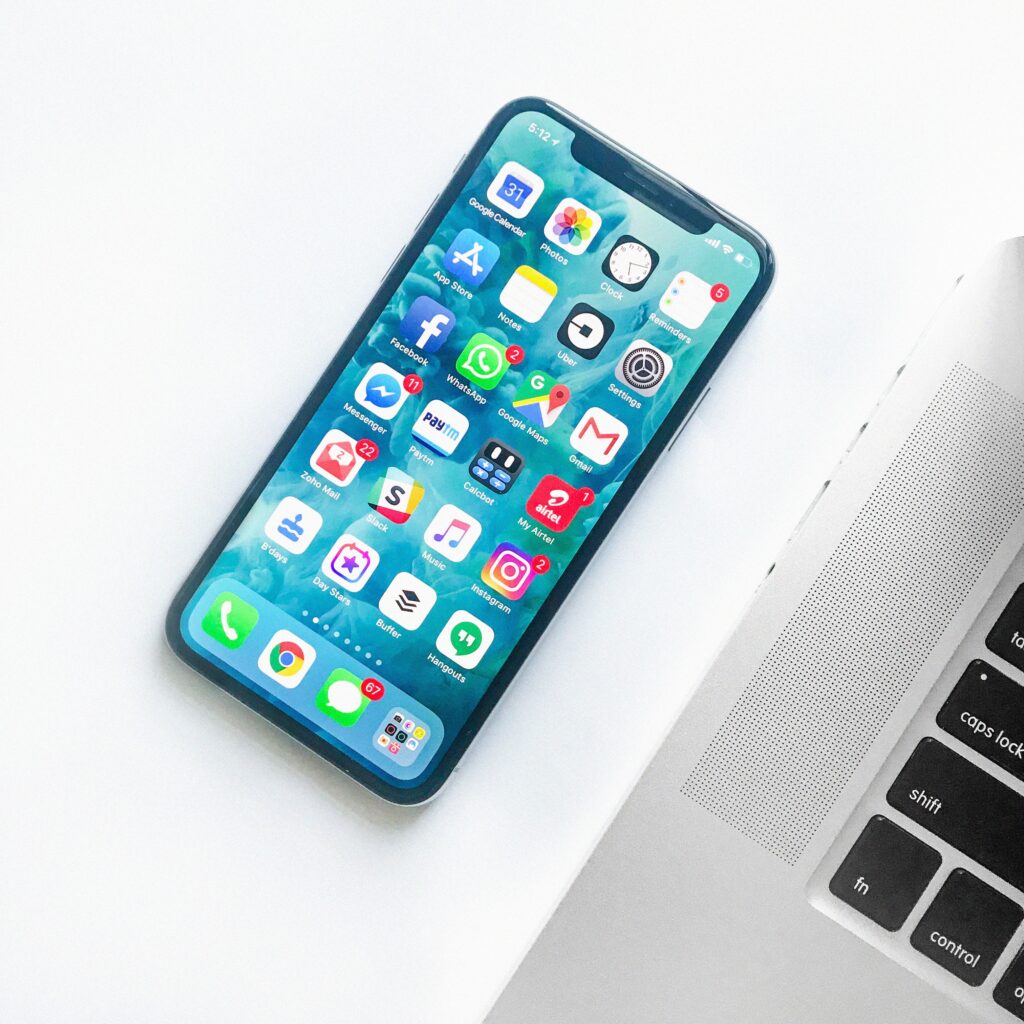The Challenge of Developing Meaningful Relationships in the Age of Distraction
I went for a walk around Lago di Albano (near Rome) this past weekend and was thinking about how there are two things we do in life: First, we choose how we want to live. Second, we live with what we choose.
I was reflecting on how I’ve made some choices in my life that have worked out well and others that haven’t. Also, I thought about how we’re constantly evaluating others based on whether their choices facilitate or do not facilitate our goals and values – on whether their choices are “good for me” or “bad for me.”
The reality is that everyone is just making choices and then living with what they choose. Everyone is sleeping in the bed that they make. Knowing this, all we can do is accept people as they are, with the choices that they’ve made, knowing that they are trying to make the right choices for their lives – which they understand much better than we do – and that they make these choices with the emotional, psychological, material and social resources they currently possess. It’s also true that in the future, with different emotional, psychological, material and social resources, they will likely make different choices.
It’s easy for us to become embedded in and ensnared by our “enemy images” – particularly in our current society, where we have become so polarized from others. These thoughts help me to lighten my position toward other people. I hope they will do the same for you.
Just recognizing that the other person, who may be annoying or irritating you, is just doing the best they can with what they have, with what they’ve grown up with, with what they’ve learned. We are all in a process of continual growth, and it’s a good reminder that your anger, or disappointment, or concern about someone is based on who they have been. Research on the malleability of personality, or what Stanford psychologist Carol Dweck calls the “growth mindset,” reminds us that who they will be next may be very different.
We should give them that chance.
——–
My dental hygienist’s dexterous fingers were canvassing around inside my mouth. Diana went on a tirade about the countless hours of her life she had wasted playing Candy Crush Saga and checking Facebook on her phone.
At least four times she punctuated her story with the same statement: “If I had used that time to do something tied to a larger purpose, I could have accomplished something great. I’ll never have that time again.”
Time Never Returned
Carolyn, a twenty-three-year-old events coordinator in Cape Town, South Africa, also shared her regrets with me about spending so much of her life online:
When I was in high school, I was more worried about how many friends I had on my Instagram account than actual in-person friends. I felt the more Likes a picture received meant the more popular I was. Looking back at it now, I regret it because it was not until university when I finally started making in-person connections rather than online. Focusing my time on social media made me waste time and energy. Now, I like advising my younger sisters to not make the same mistake as me and have more human interactions and connection.

I think we all—myself included—can relate to Diana and Carolyn. Many of us intend to take a short break by playing Candy Crush Saga or checking social media or doing something else online. We unwittingly make this choice without realizing we’ve stepped into the fox’s den.
The Brogrammers Await
Inside our phones, tablets, and laptops reside today’s foxes: thousands of brogrammers whose job objective is to keep you there for as long as humanly possible, engaged in activities most of which hold very little importance to you in the long term.

Tristan Harris, CEO of the Center for Humane Technology, once remarked, “You could say that it’s my responsibility to exert self-control when it comes to digital usage, but that’s not acknowledging that there’s a thousand people on the other side of the screen whose job is to break down whatever responsibility I can maintain.”
In many ways, the greatest challenge of our generation is to develop what I call Compassionate, Meaningful, Sustainable Relationships (“CMSRs”) in the face of these unprecedented technological distractions and wrest our attention back from the app developers whose performance reviews depend on keeping it.
To Locate Is Not to Retain
It’s not going to be easy. Nicholas Carr, author of The Shallows: What the Internet Is Doing to Our Brains, describes the digitally mediated cognitive shift affecting our minds:
Dozens of studies point to the same conclusion: When we go online, we enter an environment that promotes cursory reading, hurried and distracted thinking, and superficial learning…. What we’re experiencing is, in a metaphorical sense, a reversal of the early trajectory of civilization: We are evolving from cultivators of personal knowledge into hunters and gatherers in the electronic data forest.

Since the advent of the Internet, the ability to retain information has taken a back seat to the ability to locate it. Ask many teenagers today to name the capital of Belgium or the first president of India and they won’t be able to tell you now, but they will in ten seconds.
The upside is that two decades ago most teenagers wouldn’t have been able to identify the first president of India either now, in ten seconds, or ever. Perhaps a belated digital assist is better
than nothing.
The downside is that our attempts at developing meaningful relationships are now punctuated by so many digital assists—Google information retrieval to accentuate the topic at hand, also known as “phubbing” (phone snubbing the other person)—that we no
longer connect.
Reclaim Your Life
Here are three strategies I share in my book Screened In: The Art of Living Free in the Digital Age that you can implement to be in charge of your phone rather than allowing it to continue another day as your master.
Take notifications off your phone | Strip app developers of using sounds and popup messages to control you.
Set your phone to Grayscale | A University of Rochester study has found that men find women more sexy and attractive when their photo is offset with a red rather than a white, green or gray background. Similarly, when a woman is wearing a red rather than a blue shirt, men are not only more sexually attracted to her, but indicate they would be more likely to ask her out and would spend more money on her on a date. The effects of color on your brain have not escaped your friendly neighborhood app developers. Relegate your phone to its proper role as a bland tool for coordinating your day rather than a colorful, iridescent alternative to the real world.
Decide how often you will check your most addictive apps and then move them to your last screen | The brogrammers use proximity to manipulate how you spend your day. This is a wonderful strategy to help you reclaim your life from them.
Wishing you peace on your journey,

Anthony Silard
Every two weeks, we send the latest issue of The Art of Living Free Newsletter to over 300,000 people in our global community.
Do you have a friend who would benefit from what you read here? Please invite them to join us. Alternatively, if you received our newsletter from a friend, you can subscribe here.



